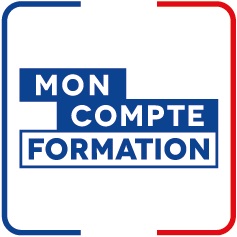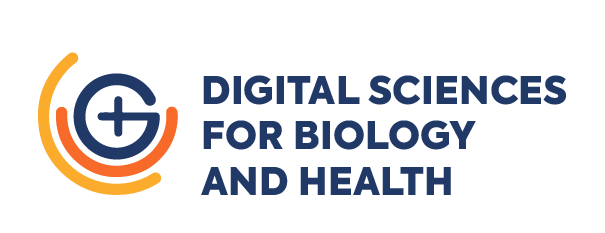-
SCIENCES ET TECHNOLOGIES
- Institut national supérieur du professorat et de l'éducation
- Institut Universitaire de Technologie Lyon 1
- Institut de Science Financière et d'Assurances
- Observatoire de Lyon
- Polytech Lyon
- UFR STAPS (Sciences et Techniques des Activités Physiques et Sportives)
- UFR FS (Chimie, Mathématique, Physique)
- UFR Biosciences (Biologie, Biochimie)
- GEP (Génie Electrique des Procédés - Département composante)
- Informatique (Département Composante)
- Mécanique (Département composante)


















